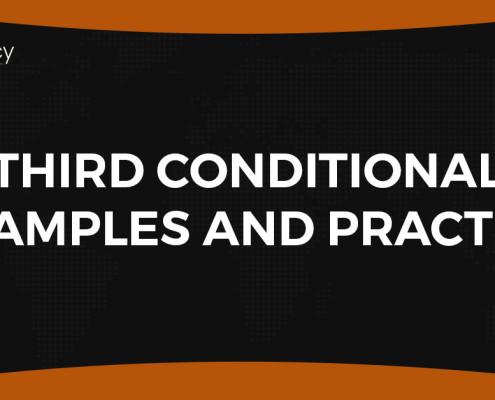
The Third Conditional with Example Sentences & Exercises (Advanced)
In this video lesson, you're going to learn how to use the third conditional and see plenty of example sentences so that you can better understand how to use it.
You're also going to see how it compares to the second conditional…
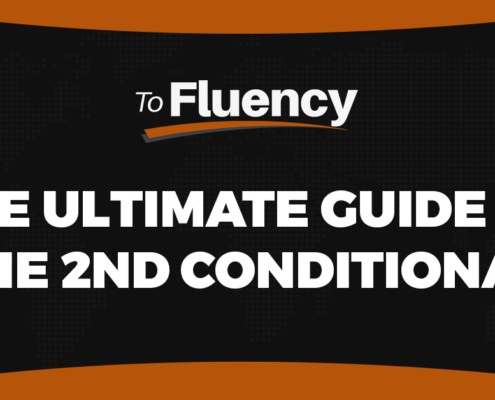
The Second Conditional: Video, Article, Explanation, Examples, and Exercises
The second conditional is a fun conditional to use.
Unlike the first conditional, it is used to talk about hypothetical (unreal) situations. This article (and video lesson) will explain how it is used and will give you plenty of examples so…
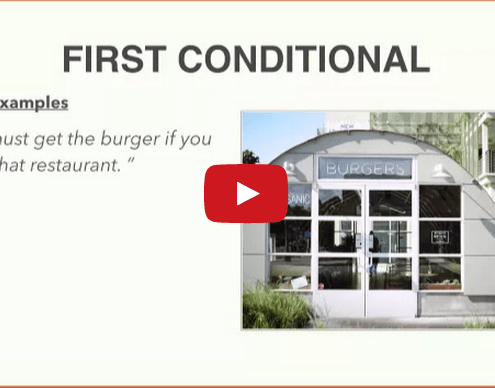
First Conditional: Explanation, Example Sentences, and Exercises [Video + Article]
In this lesson, I give an example of how I used the first conditional, explain how to use it, give more examples, and then compare it to the second conditional.
How to Use the First Conditional in English (Form)
In the example I gave, I said…
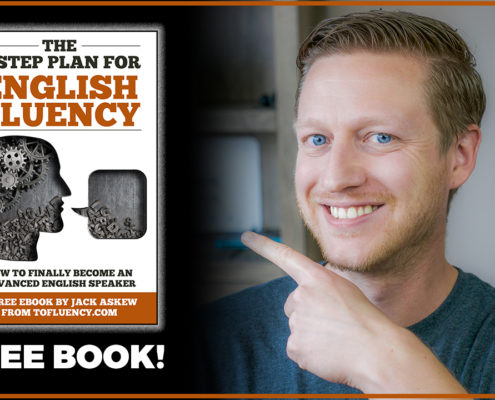
The #1 Reason Why You're Not Fluent in English & What to Do to Speak with More Confidence
In this lesson, I'm going to share what I believe to be the number one reason why most learners don't become fluent in English.
This might be controversial.
It might make you feel angry.
But if you're honest with yourself and ask yourself…
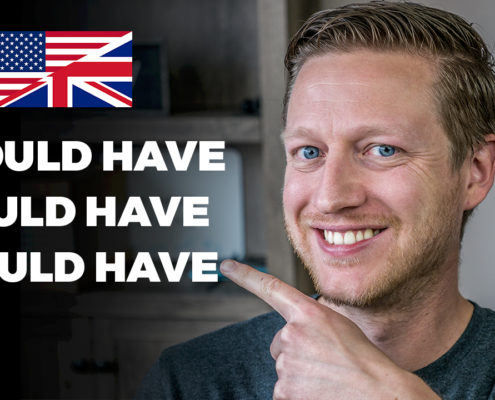
How to Use Should Have, Could Have & Would Have (Lots of Fun Examples!)
Alright, it's time for some advanced English grammar!
But as you know, here at tofluency we do things in a fun way. In this latest lesson, you're going to learn how to use should have, could have and would have through some real life examples.
Click…
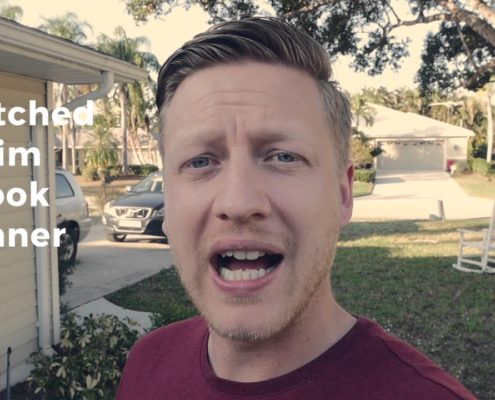
Verb Patterns: How to Use WATCH with Other Verbs
In one of my recent lessons, a few people thought that I had made mistake. exercise.
I said the following: we went to watch the sun go down.
Some told me that it should be: watch the sun goes down.
However, the latter is wrong.
I…

Past Perfect Tense: Simple, Continuous, and Passive (With Fun Examples)
English grammar can be a bit tricky (hard) for non-native speakers, and the Past Perfect Tense is no exception. Even though it is called the past ‘perfect’ tense, learning how to use it does not always happen ‘perfectly’!
However,…
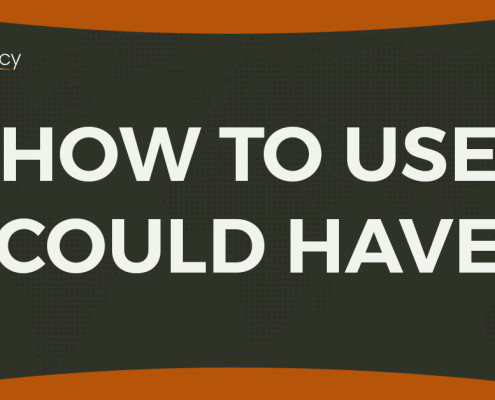
How to Use Could Have (with Examples)
In this lesson, you will learn how to use could have.
Below the video, you'll find lots of examples to help you understand this modal verb.
Watch in HD!
Share the video with your friends, and then read the article below...
Could…
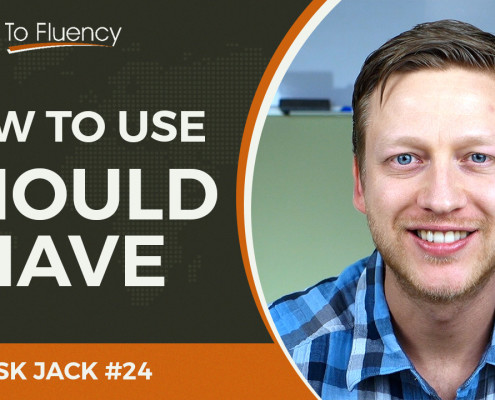
Should Have: How to Use it and Examples (English Grammar - Video Lesson)
In this English video lesson, you will learn how to use 'should have' in English. There are lots of examples to help you truly understand it.
Watch in HD!
Share the video with your friends, and then read the article below...
How…
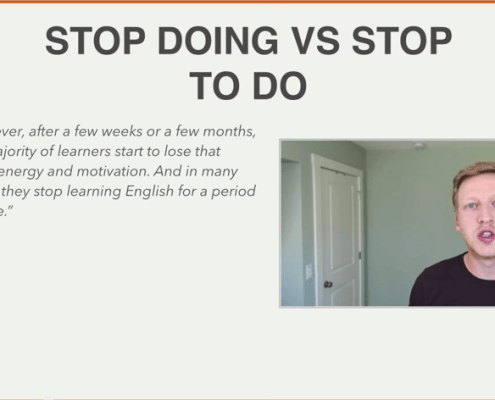
Verb Patterns: Stop Doing vs Stop to Do Something
In this lesson, I talk about the difference between "stop to do something" and "stop doing something." This can be confusing, but the difference is important.
I also look at the verb patterns of "start" and whether there is a difference…
